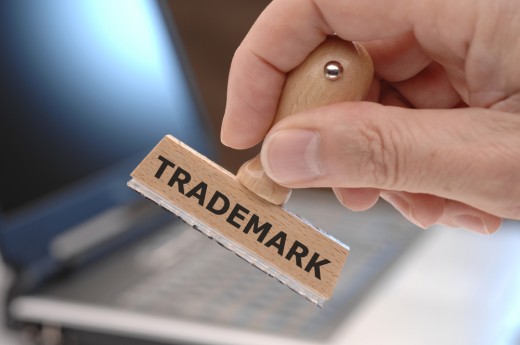 Securing a trademark registration in a new territory presents challenges, especially from local competition. Globalisation has enabled brands to reach distant customers, but even globally recognised brands can face legal trouble if local companies try to eliminate competition by creating technical hurdles. In Lovesac Company v Avneet Kaur & another, the applicant applied to the Intellectual Property Appellate Board (IPAB), to remove the registration by the respondent of the mark Lovesac in class 20 (furniture and plastic goods). The applicant also sought a stay of the use of the mark until the case was decided.
Securing a trademark registration in a new territory presents challenges, especially from local competition. Globalisation has enabled brands to reach distant customers, but even globally recognised brands can face legal trouble if local companies try to eliminate competition by creating technical hurdles. In Lovesac Company v Avneet Kaur & another, the applicant applied to the Intellectual Property Appellate Board (IPAB), to remove the registration by the respondent of the mark Lovesac in class 20 (furniture and plastic goods). The applicant also sought a stay of the use of the mark until the case was decided.
The applicant contended that the mark was identical to its original mark “Lovesac” applied to identical goods. The founder of the applicant company began to make his original frameless furniture in 1995 in the USA. In 2002, he applied the mark Lovesac to the furniture and was granted registration in the USA. The same year he formed the Lovesac Corporation, the predecessor of the applicant company. The brand received awards and accolades, which brought it international recognition. By 2017, the company was operating 70 retail outlets within the USA under its brand name and selling in other furniture stores. From 2004, global customers could purchase the brand online through the website www.lovesac.com.
The applicant claimed that the mark Lovesac was a coined term, with no ordinary meaning and, therefore, inherently distinctive. The trademark had been granted protection in 17 jurisdictions and was awaiting registration in 17 others. The applicant company registered the mark in India in 2018 in classes 18 (leather products), 22 (ropes, sacks, and bags), 24 (textiles), 25 (clothing and footwear) and 35 (business services and consulting). Its application for registration in class 20 was awaiting acceptance.
The applicant claimed that the respondent had dishonestly filed an application for a deceptively similar and phonetically identical mark “Lovesac” in 2018. The respondent had slavishly copied the mark. Amar Singh Chawal Wala v Shree Vardhaman Rice and General Mills held that the adoption and use of a deceptively similar trademark subsequent to its adoption by another cannot be honest. Hindustan Pencil Pvt Ltd v India Stationery Products decided that if a mark is not adopted in good faith it cannot continue.
The respondent claimed that the marks were graphically different and that they were the first to use it in India. The matter was not urgent, as the applicant filed the petition in 2020, and did not make the rectification application in a timely manner. The respondent contended that the mark was registered in good faith. They registered the mark before the applicant. As no objection had been raised by the applicant within three months from registration, it could not now pursue the claim. The class 20 application did not include bean bags, and therefore the applicant did not intend to manufacture them while waiting for the mark to be registered.
The IPAB considered that the respondent appeared to have made the application in bad faith. Although the applicant filed its application after the respondent, it would still be considered as the prior user of the mark through the Madrid Convention. The Registrar of Trademarks had inadvertently omitted mention of the applicant’s application in the examination report issued in the respondent’s application as was required.
Many judgments have recognized transborder reputation, and the applicant had used the registered mark in the USA since 2002 for similar products. The respondent’s argument that the words love and sac were merely descriptive was unsustainable, as the word Lovesac is uncommon. The IPAB considered that the applicant had a strong case, and the interim injunction was granted. The parties were competitors in the same market and there was evidence that the respondent had attempted to hinder the applicant’s trademark filing. The marks were sufficiently alike to create confusion in the mind of rational consumers. A different logo does not legitimise the use of the mark for the same product. A further hearing is pending.
Brands must act swiftly when considering expansion in a new territory. If there is infringement, the brand must take legal action without delay.
The doctrine of Transborder Reputation offers protection to internationally famous yet unregistered trademarks in India without proving commercial use in India. Manisha Singh and Simran Bhullar discuss this principle in the light of the case Lovesac Company v Avneet Kaur & Anr. The article was first published in IBLJ.



